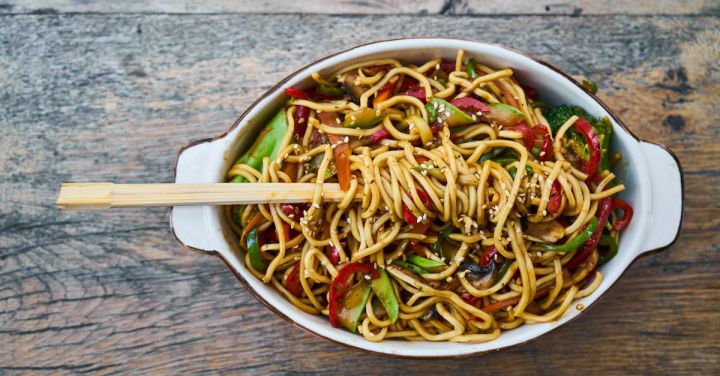What Nutrients Are Essential for Outdoor Cooking?

Outdoor cooking is a popular activity that allows people to enjoy the fresh air and the great outdoors while preparing delicious meals. Whether you are grilling on a barbecue, cooking over a campfire, or using a portable stove, it is important to consider the nutrients that are essential for outdoor cooking. In this article, we will explore the key nutrients that you should incorporate into your outdoor meals to ensure a well-balanced and nourishing experience.
Protein: The Building Block
Protein is a crucial nutrient that plays a vital role in the growth and repair of tissues in our bodies. When it comes to outdoor cooking, protein is particularly important as it provides the necessary fuel for our muscles during physical activities such as hiking or biking. Including high-quality sources of protein in your outdoor meals, such as lean meats, fish, eggs, and legumes, will help to keep you energized and satisfied throughout your outdoor adventures.
Healthy Fats: The Energy Boost
While it is important to consume fats in moderation, incorporating healthy fats into your outdoor cooking can provide a much-needed energy boost. Healthy fats, such as those found in avocados, nuts, seeds, and olive oil, are rich in essential fatty acids that support brain function and help to regulate our body’s temperature. Additionally, healthy fats can help to enhance the flavors of your outdoor meals, making them even more enjoyable.
Fiber: The Digestive Aid
Fiber is a nutrient that is often overlooked when it comes to outdoor cooking, but it is essential for maintaining a healthy digestive system. Including fiber-rich foods, such as fruits, vegetables, whole grains, and legumes, in your outdoor meals can help to prevent constipation and promote regular bowel movements. Fiber also adds texture and flavor to your dishes, making them more satisfying and enjoyable.
Vitamins and Minerals: The Immune Boosters
Vitamins and minerals are essential for maintaining a strong immune system and overall health. When cooking outdoors, it is important to include a variety of fruits and vegetables to ensure that you are getting a wide range of vitamins and minerals. Fresh produce not only provides essential nutrients but also adds color and freshness to your outdoor meals. Aim to incorporate a rainbow of fruits and vegetables into your cooking, as different colors indicate different nutrients.
Hydration: The Key to Outdoor Cooking
While not a nutrient per se, hydration is a critical aspect of outdoor cooking. Staying properly hydrated is essential for maintaining energy levels, regulating body temperature, and preventing dehydration. When cooking outdoors, it is important to drink plenty of water throughout the day, especially in hot weather or during physical activities. Consider bringing a reusable water bottle with you and make sure to refill it regularly.
In Conclusion: Nourishing Outdoor Cooking
When it comes to outdoor cooking, it is important to consider the nutrients that are essential for a well-balanced and nourishing experience. Protein, healthy fats, fiber, vitamins, minerals, and hydration all play a crucial role in supporting our bodies during outdoor activities. By incorporating these key nutrients into your outdoor meals, you can ensure that you are fueling your adventures and enjoying delicious and nutritious meals in the great outdoors. So, next time you embark on an outdoor cooking adventure, remember to prioritize the essential nutrients that will make your experience both enjoyable and nourishing.
